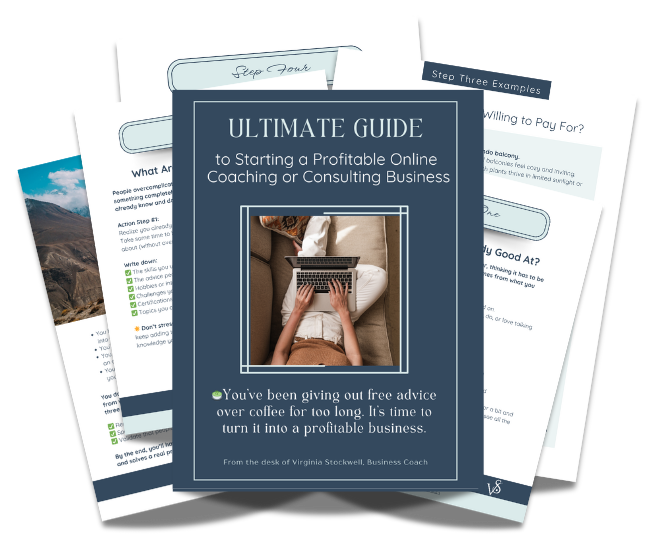How do I know if it's imposter syndrome...or I'm really just not that much of an expert?

Imposter syndrome, that lingering shadow of doubt, casts a formidable obstacle on the path to expertise.
The relentless fear of inadequacy, coupled with a perception of not being experienced or good enough, can stifle personal and professional growth.
Understanding Imposter Syndrome
Imposter syndrome is a ubiquitous challenge that doesn't discriminate based on experience or success. It emerges as a pervasive sense of inadequacy, fueled by various sources such as early experiences, societal expectations, and an unyielding pursuit of perfection. You'll find that even the most successful people, the ones you admire, have lingering thoughts about not being as good as their peers.
Recognizing Imposter Syndrome
The first step in conquering imposter syndrome is recognizing its presence. It often disguises itself in self-deprecating thoughts, persistent doubt, or a pervasive fear of being exposed as a fraud. Reflecting on your inner dialogue and emotional responses to success can unveil the subtle signs of imposter syndrome.
Embracing the Learning Curve
Becoming an expert is a journey, not an instantaneous transformation. Embracing the learning curve and acknowledging that everyone, regardless of their expertise, once navigated unfamiliar terrain is crucial. Instead of viewing the unknown as a threat, consider it a landscape rich with opportunities for growth.
Shifting Perspectives
Imposter syndrome thrives on distorted perspectives and negative self-talk. Shifting these perspectives involves celebrating achievements, embracing constructive feedback, and reframing failures as valuable lessons.
Building Confidence
Confidence is a powerful ally against imposter syndrome. Building and nurturing confidence requires intentional actions, including keeping a success journal, surrounding yourself with a supportive network, and practicing self-compassion.
Setting Realistic Goals
Unattainable expectations often fuel imposter syndrome. Setting realistic goals involves breaking them down into manageable tasks and focusing on progress rather than perfection.
Overcoming Fear of Exposure
The fear of exposure is a common thread in imposter syndrome. Confronting this fear entails sharing vulnerability, accepting compliments graciously, and redefining success beyond conventional markers.
Recognizing Imposter Syndrome
Recognizing imposter syndrome involves tuning into your inner dialogue and emotional responses to success. It's acknowledging those moments of doubt, self-deprecation, or the persistent fear of being unmasked as less competent than perceived.
Conquering imposter syndrome is a transformative journey that requires self-awareness, compassion, and intentional effort.
By recognizing its presence and implementing strategies to shift perspectives, build confidence, set realistic goals, and overcome the fear of exposure, you can break free from the shackles of imposter syndrome and true potential.
Your internal thoughts dictate your actions. If you think you're never going to be successful, you won't be. If you're sure your success is evitable and you persist despite negative thoughts and external obstacles, indeed your success will be inevitable!

